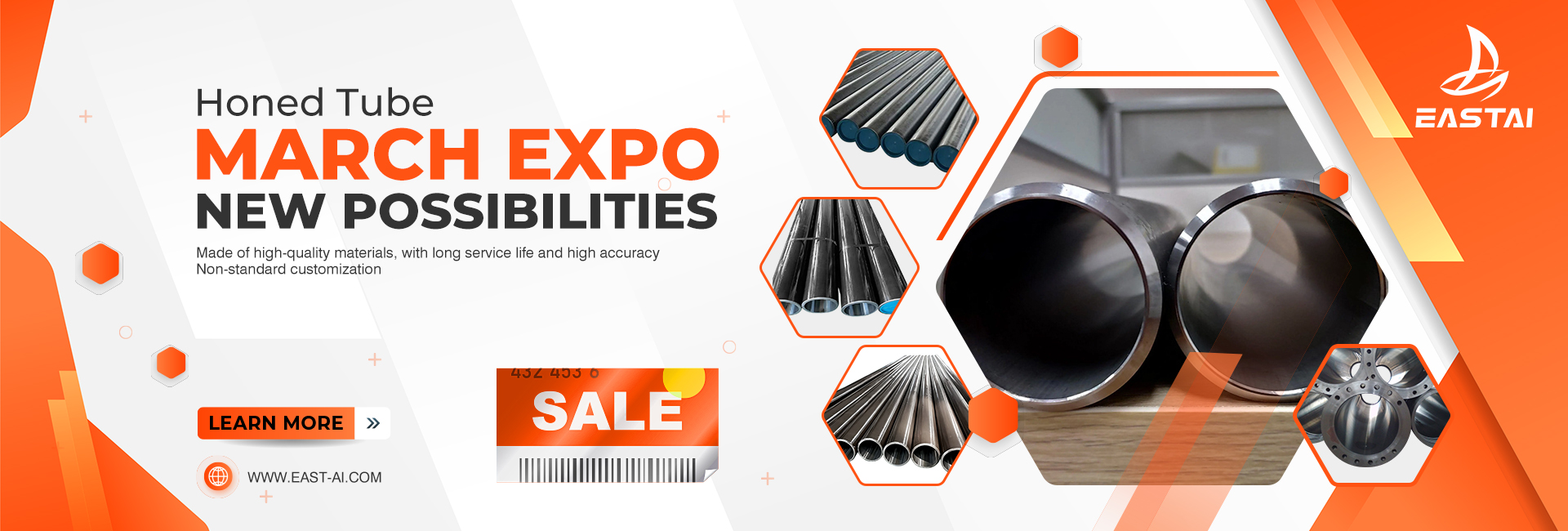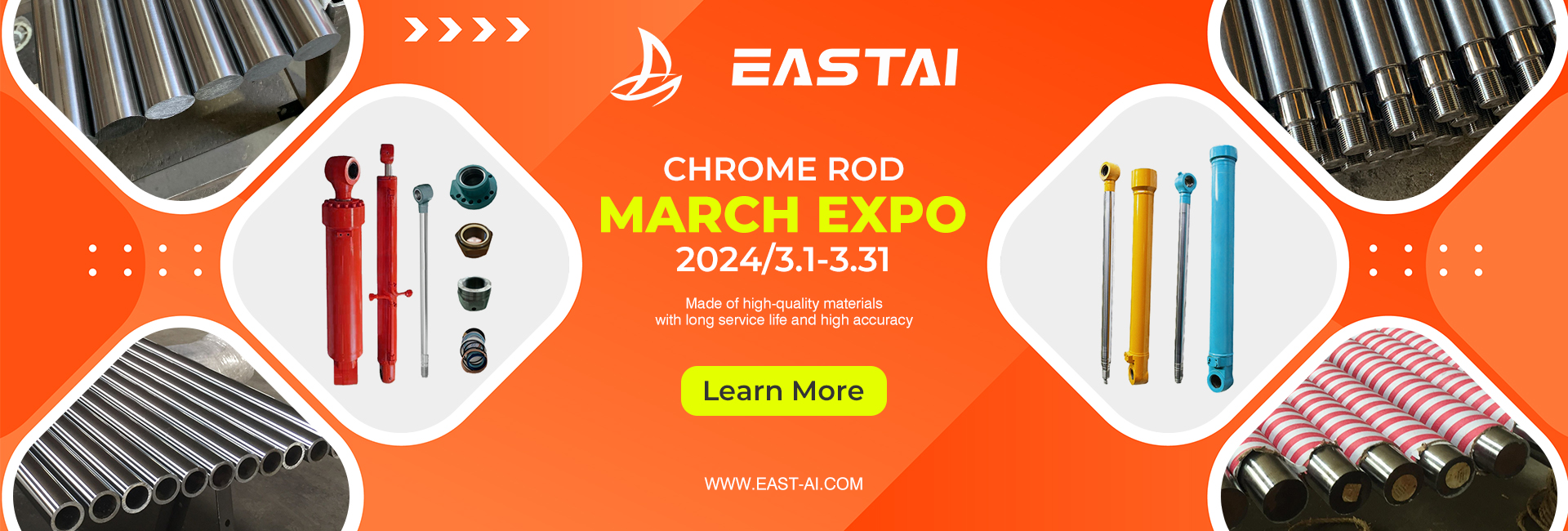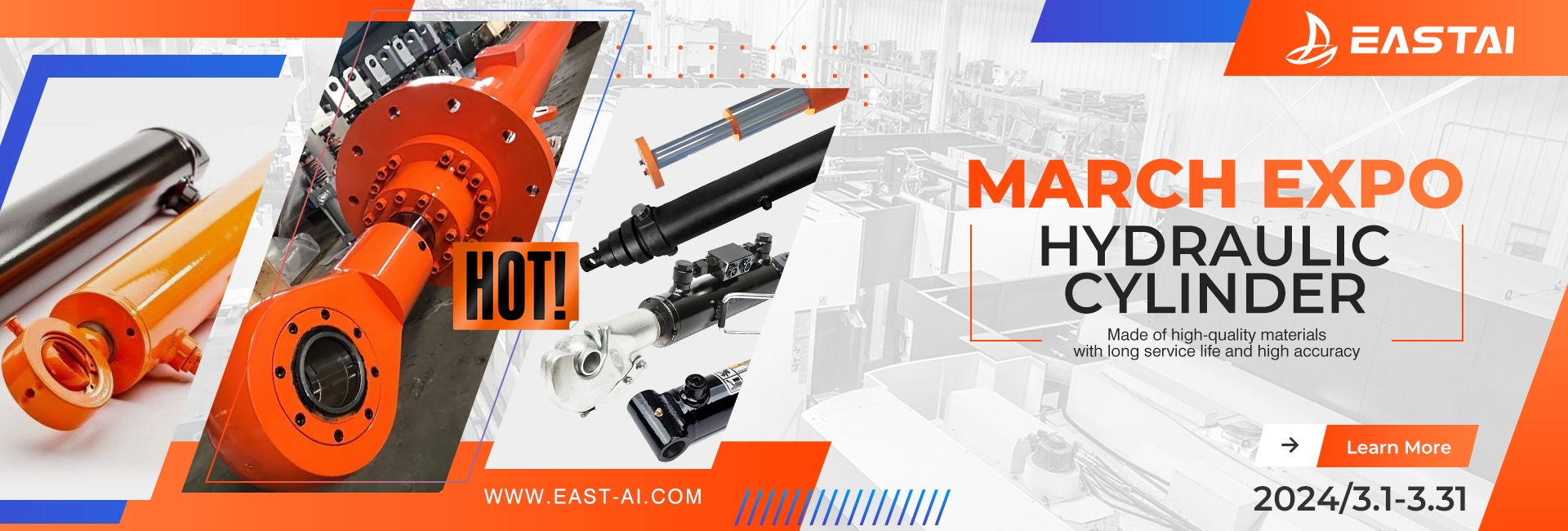Hydraulic power units, also known as hydraulic power packs, are systems that generate and control hydraulic power for various industrial and commercial applications. They consist of a motor, pump, control valves, tank, and other components, which work together to generate hydraulic pressure and flow.
The hydraulic power generated by the unit is used to operate hydraulic machines, such as presses, lifts, and actuators, among others. The hydraulic fluid is stored in the tank and is pressurized by the pump. The control valves regulate the flow and pressure of the fluid, ensuring that it is directed to the appropriate component or machine.
Advantages of Hydraulic Power Units
Hydraulic power units offer several advantages over traditional mechanical and electrical systems, including:
High Power Density: Hydraulic systems can deliver high power outputs in a compact and lightweight design, making them ideal for applications where space is limited.
High Efficiency: Hydraulic systems are more efficient than mechanical systems, as they convert the energy of the motor into hydraulic energy with minimal losses.
Versatility: Hydraulic power units can be customized to meet the specific needs of different applications, making them versatile and adaptable to a wide range of industries and applications.
Durability: Hydraulic systems are robust and can withstand harsh operating environments, making them ideal for industrial applications.
Applications of Hydraulic Power Units
Hydraulic power units are widely used in various industries and applications, including:
Manufacturing: Hydraulic power units are used to power hydraulic presses and other machinery in manufacturing processes.
Material Handling: They are used in cranes, hoists, and other material handling equipment to lift and move heavy loads.
Agriculture: Hydraulic power units are used in tractors, harvesters, and other agricultural machinery to provide the power needed for farming operations.
Construction: Hydraulic power units are used in construction equipment, such as excavators and bulldozers, to provide the power needed for excavation and earth-moving operations.
Conclusion
Hydraulic power units are a crucial component in various industrial and commercial applications, providing the power and control needed for a wide range of operations. Their high power density, efficiency, versatility, and durability make them an ideal choice for a wide range of industries and applications.
Maintenance and Upkeep of Hydraulic Power Units
Proper maintenance and upkeep of hydraulic power units is essential to ensure their reliability and longevity. Here are some tips to keep your hydraulic power unit running smoothly:
Regular Inspections: Regular inspections of the hydraulic system should be conducted to identify any potential issues, such as leaks, worn components, or clogged filters.
Fluid Maintenance: Regular checks of the hydraulic fluid level, as well as changes to the fluid and filter, are crucial to maintain the performance and longevity of the system.
Component Maintenance: Regular maintenance of the components, such as the pump, motor, control valves, and hoses, can help prevent potential problems and extend the life of the system.
Proper Use: Proper use of the hydraulic system, including avoiding overloading and using it within the specified operating limits, is critical to ensure its reliability and longevity.
Consult with Experts: If you are having trouble with your hydraulic power unit, it is recommended to consult with experts, who can diagnose and repair any issues.
Safety Considerations for Hydraulic Power Units
Hydraulic power units can pose significant safety risks if not properly maintained or used. Here are some safety considerations to keep in mind:
Hydraulic fluid is under high pressure, which can cause serious injury if it is released suddenly.
Hydraulic systems can generate significant heat, which can cause burns or fires if not properly managed.
Improper maintenance or use of hydraulic power units can lead to system failures, which can cause serious injury or damage.
Employees who work with hydraulic power units should receive proper training and be familiar with the associated risks and safety procedures.
In conclusion, hydraulic power units are a vital component in various industrial and commercial applications, but they should be properly maintained and used to ensure their reliability and longevity. Regular inspections, fluid maintenance, component maintenance, proper use, and consulting with experts are all important steps in ensuring the safety and performance of your hydraulic power unit.
Post time: Feb-04-2023




